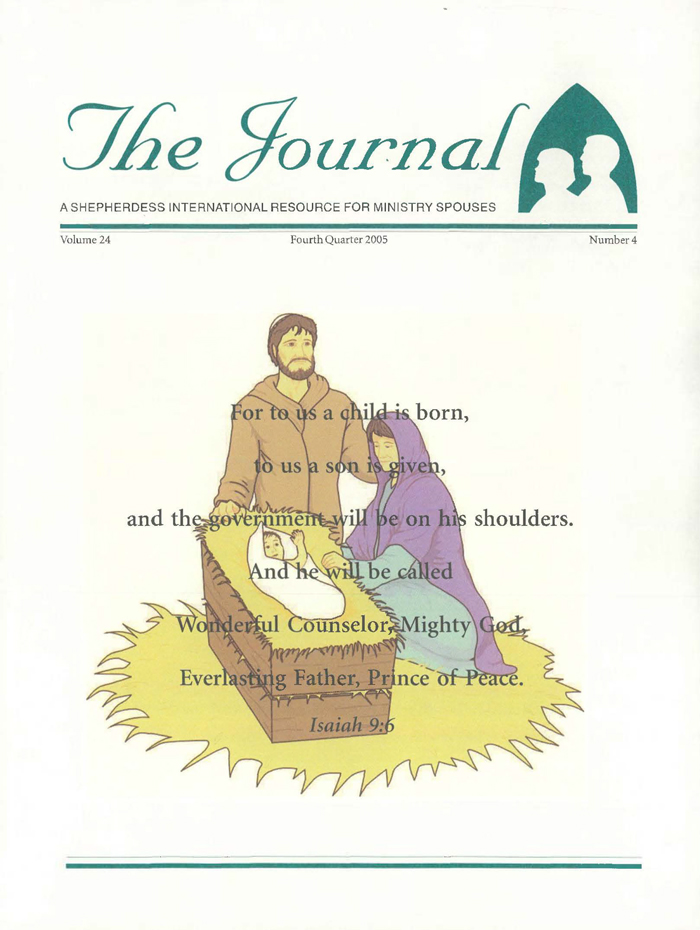Bible Texts: Psalm 34:3; John 3:22-36; Matthew 3
Hundreds of people—princes, rabbis, soldiers, publicans, peasants, scribes, and Pharisees—were all flocking to the place, eagerly pressing to know His identity. All eyes were curious to see what was the matter. For someone had emerged in the wilderness in strange attire (camel's hair) with a special message so startling, "Prepare ye the way of the Lord, and make it straight his path." Who then, was this man?
This personality was none other than John the Baptist. He had come to pave the way for the first advent of the Messiah as prophesied centuries before by the prophet Isaiah (Isaiah 403, 4,1(W). His message was simple and to the point—a call to repentance. He had come to direct the minds of the people of his day, including his own disciples, to the expected Messiah.
To his disciples and the masses, John had declared that he was only a forerunner sent to introduce and uplift Christ to the world (Desire of Ages, p. 179). He also explained Jesus' mission. To John, Christ had come for baptism in fulfillment of prophecy. Indeed, John had given the people, including his own disciples, ample evidence to help then, recognize Christ's work and baptism as heaven-ordained (ibid., p. 181).
Why then the dispute between John's disciples and Christ's over the issue of purification? Certainly the disciples of John the Baptist were filled with jealousy seeing that Christ was gaining more popularity. They had forgotten his testimony about Jesus and had fixed their gaze upon the Baptist as being superior to Christ, forgetting that John was a mere instrument through whom God was working (ibid., p. 181). They were too slow of heart to believe and so doubted the authority of Jesus' mission.
Commenting on this by the inspiration of the Holy Spirit, Sister White says, "Soon they [John's disciples] were in dispute with those of Christ in regard to the form of words proper to use at a baptism, and finally as to the right of the latter to baptize at all" ibid., p. 178). It is interesting to note how the Baptist humbly exalted Christ, declaring the source of His authority as heaven-ordained. Thus, John placed himself lower as he lifted Christ up.
Fellow Shepherdesses, how many among us today, like John, are willing to shun the applause of men concerning our good performances when such opportunities avail much and ascribe the honor and glory to Christ? Haven't we, on many occasions, trusted the abilities of other men more than Christ who works through them?
Beloved, what we need now is the actuating Spirit of the Baptist, who alone can help us acknowledge Christ's superiority and man's nothingness without Him. As present-day disciples of Christ, like John, we are to make Him the head and not the tail. For He promises to confess us before our heavenly Father and His angels, if we so lift Him up to the world.
No doubt, our Lord is unique above all else in power, knowledge, authority, and wisdom. He is the provider of gifts for the accomplishment of all good things. Like John, and with the Psalmist, let us extol, magnify, and exalt Him—Jesus, Lord of all.
